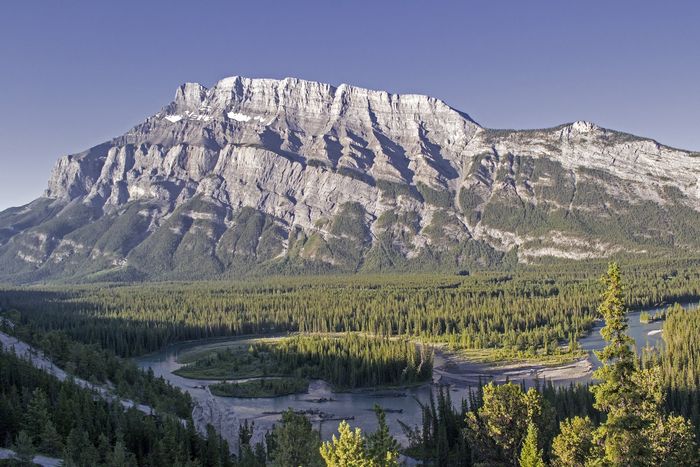Google Maps Leads Hikers Astray

On separate occasions, hikers in the Canadian wilderness have required rescuing after attempting to follow a trail on Google Maps. Unfortunately, the path they were trying to follow did not exist.
The region they were in, north of Vancouver near Mount Fromme, has treacherous cliffs and was the location of one hiker’s death in 2021. At least twice, hikers there have become lost and needed to be rescued by helicopter. One of those hikers called North Shore Rescue (NSR), a volunteer rescue group, because he was stranded on a cliff and was unsure how long he could hang on. NSR lowered a harness to the man and was able to lift him to safety.
The rescue group is warning hikers against using urban map applications to navigate while in hiking areas. They say there are more suitable apps for trail guidance, and because technology can fail, they recommend using a paper map and compass.
It is unknown how the non-existent trail appeared on the Maps app in the first place. Google Maps has now removed the trail from their app.
Source: cbc.ca, nytimes.com, businessinsider.com
For source links, see the article on ESLNewsStories.com
Audio
Hear the article spoken:
Useful Language
- Astray (adv) - away from the correct path
- Wilderness (n) - a natural area that is uninhabited and mostly unchanged by people
- Treacherous (adj) - dangerous
- Stranded (adj) - being somewhere that you cannot get away from
- Harness (n) - a set of straps for holding a person to stop them from falling
- Navigate (v) - to find one’s way
- Compass (n) - a device that tells which way is north
Discussion
Discuss the following questions with your partner(s).
- What did you think about this story? Was there any surprising information?
- Have you been to Canada? How was it? If not, are you interested in going there? What are you interested in seeing there?
- Do you like hiking? Why or why not?
- Does your country have good hiking locations? Where are they?
- What dangers do hikers face?
- Do you have a good sense of direction?
- Do you prefer using a paper map or a maps app? How often do you use either of those in your daily life?
- Has a maps app ever given you wrong information or instructions? What happened?
- Which technology do you trust? Which technology is difficult to trust?
- In what situations do people need rescuing?